
Hürtgen Forest - Game Video
Air War C21 - Second Playthrough
Second try at Air War C21 for 1982 Falklands, this time with some improved player aids I re-designed for easier use on the virtual tabletop.
Also tried playing with +1 “Good” pilots instead of +0 “Average” pilots.
Went a little more smoothly. Still made some serious goofs with the special maneuvers (do not rely on these too heavily in this game), I straight out destroyed two Harriers on one re-done turn by attempting … and failing … a Split-S maneuver at too high a speed, I literally ripped the wings off these things and probably killed both pilots. Re-did that turn, only to blow a couple of Immelman maneuvers and quite literally “fell off the table” and inadvertently disengaged.
So still learning. Clearly this game is aiming for a “realistic” look at flying combat jets, where it is possible to “crash and burn” without the enemy even doing you the courtesy of firing at you.
That said, Argentinian guns are still a very real danger, and Harriers are getting the hang of the AIM-9L Sidewinder. And the game is very quick. This introductory scenario was about 45 minutes.
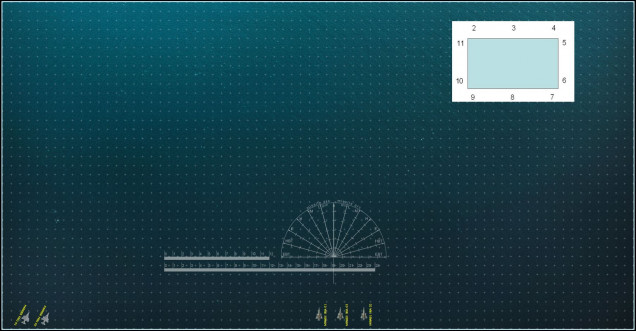 Board set up. In this scenarios, one of the first things you do is determine approach vectors, via a 2d6 roll. A result of 12 = you get to come on from anywhere you want. The Argentinians are coming hard out of the southwest, the British from the south. Argentinians lose initiative.
Board set up. In this scenarios, one of the first things you do is determine approach vectors, via a 2d6 roll. A result of 12 = you get to come on from anywhere you want. The Argentinians are coming hard out of the southwest, the British from the south. Argentinians lose initiative.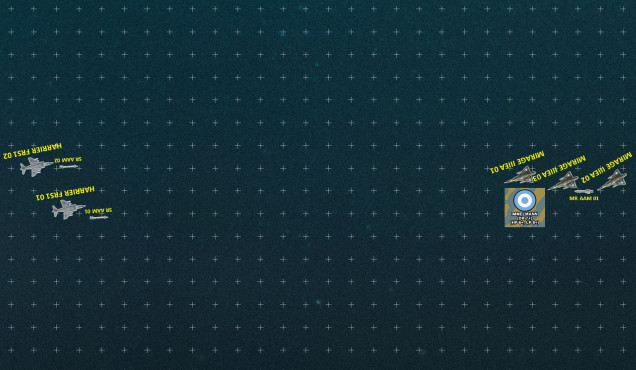 The Argentinians opt for an Immelmann maneuver, and all three of them make it! Sweet! So they pull up, go ballistic and roll, and corkscrew level with basically any facing they want. The good news is I applied power before the move, so I come out with respectable speed of about 650 knots (13"). The Harriers, having won initiative and with "Extreme" rated maneuverability, don't have to resort to such aerobatics. They simply bank right, lock on with Sidewinders, and fire. Now these American AIM-9L Sidewiders, despite being IR-guided, CAN lock on from any target aspect. Not so with the Argentinians and the R.530 Magics. So they have to try and launch their larger R.550 Mystra medium-range air-to-air missiles (MRAAMs). These are SARH (semi-active radar homing), so can attack from any angle. However, they have to use the Mirage III's onboard radar, which isn't great. Out of three, only one locks on and launches.
The Argentinians opt for an Immelmann maneuver, and all three of them make it! Sweet! So they pull up, go ballistic and roll, and corkscrew level with basically any facing they want. The good news is I applied power before the move, so I come out with respectable speed of about 650 knots (13"). The Harriers, having won initiative and with "Extreme" rated maneuverability, don't have to resort to such aerobatics. They simply bank right, lock on with Sidewinders, and fire. Now these American AIM-9L Sidewiders, despite being IR-guided, CAN lock on from any target aspect. Not so with the Argentinians and the R.530 Magics. So they have to try and launch their larger R.550 Mystra medium-range air-to-air missiles (MRAAMs). These are SARH (semi-active radar homing), so can attack from any angle. However, they have to use the Mirage III's onboard radar, which isn't great. Out of three, only one locks on and launches. 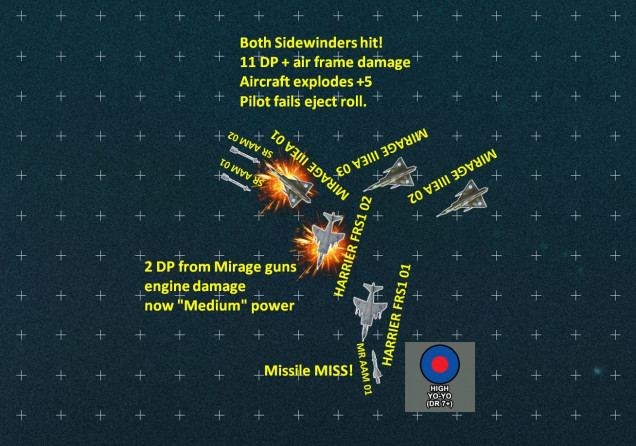 Things get very hairy on the beginning of Turn 2. I thought I could get the Harriers on the lead Mirage's tail, or at least behind his right wing, with a High Yo-Yo maneuver. I misjudged the distance, however, and overshot. An Immelmann probably would have been better here. Anyway, the two missiles hit the lead Mirage anyway, and basically blow him out of the sky. Meanwhile, the other two Mirages were able to perform a power-up and gentle S-turn, starboard then port, and make a gunnery approach behind the Harrier's left wing. Using extended bursts (triple ammo expenditure) I was able to put some holes in the Harrier, but because it was just coming out of that High Yo-Yo, there wasn't enough to shoot him down outright. Did flame out one of his engines, though. And that Argentinian Mystra predictably missed. SAHR missiles fired against enemy front arc get a -1 for bad deflection, -1 for the High Yo-Yo maneuver, +1 for pilot skill. So that's a net -1 bonus and the base to hit is poor, 7+ on 1d10 (these Mystras are old French missiles from the early 1960s). So no joy on that, either.
Things get very hairy on the beginning of Turn 2. I thought I could get the Harriers on the lead Mirage's tail, or at least behind his right wing, with a High Yo-Yo maneuver. I misjudged the distance, however, and overshot. An Immelmann probably would have been better here. Anyway, the two missiles hit the lead Mirage anyway, and basically blow him out of the sky. Meanwhile, the other two Mirages were able to perform a power-up and gentle S-turn, starboard then port, and make a gunnery approach behind the Harrier's left wing. Using extended bursts (triple ammo expenditure) I was able to put some holes in the Harrier, but because it was just coming out of that High Yo-Yo, there wasn't enough to shoot him down outright. Did flame out one of his engines, though. And that Argentinian Mystra predictably missed. SAHR missiles fired against enemy front arc get a -1 for bad deflection, -1 for the High Yo-Yo maneuver, +1 for pilot skill. So that's a net -1 bonus and the base to hit is poor, 7+ on 1d10 (these Mystras are old French missiles from the early 1960s). So no joy on that, either.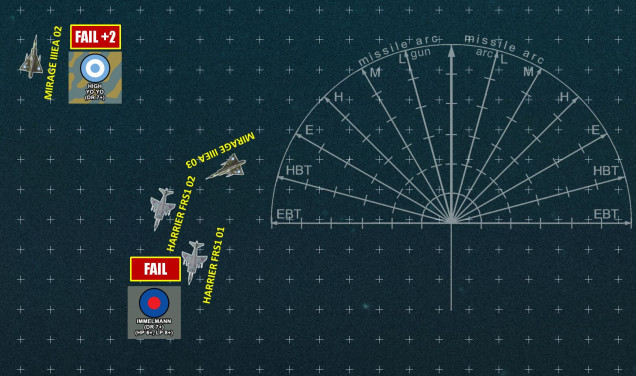 Sadly, the game ends right there. The Harriers are about to "fall" off the edge of the edge of the table. SO I try two Immelmanns, both fail (the damaged Harrier had a penalty for this check). They wind up moving half their speed forward, then facing in a random direction. They both wound up facing OFF the table, so they literally "fell" out of the battle. BUT TECHNICALLY - a British victory, with one Mirage III shot down and no Harriers lost.
Sadly, the game ends right there. The Harriers are about to "fall" off the edge of the edge of the table. SO I try two Immelmanns, both fail (the damaged Harrier had a penalty for this check). They wind up moving half their speed forward, then facing in a random direction. They both wound up facing OFF the table, so they literally "fell" out of the battle. BUT TECHNICALLY - a British victory, with one Mirage III shot down and no Harriers lost. So yeah, still got a little learning to do on this, but not too much. Will try this one more time before moving to the next scenario in the Operation Corporate scenario booklet, Argentinian bombing attack on Royal Navy outside of Port Stanley, HMS Glamorgan (County Class DLG) and HMS Plymouth (Rothesay class FF)


































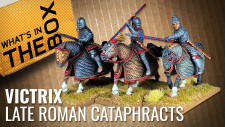
















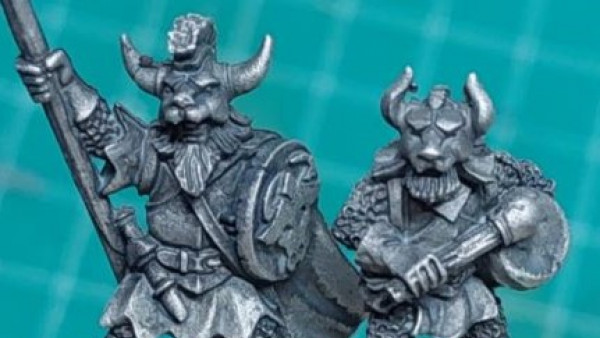

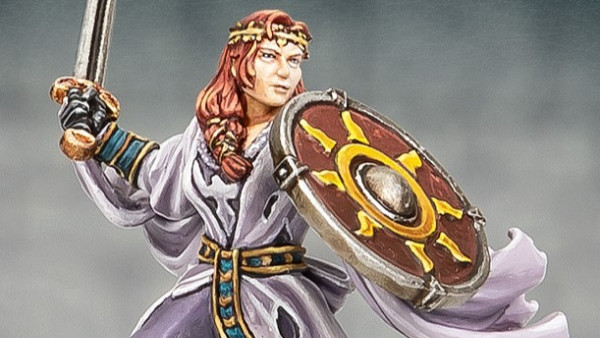
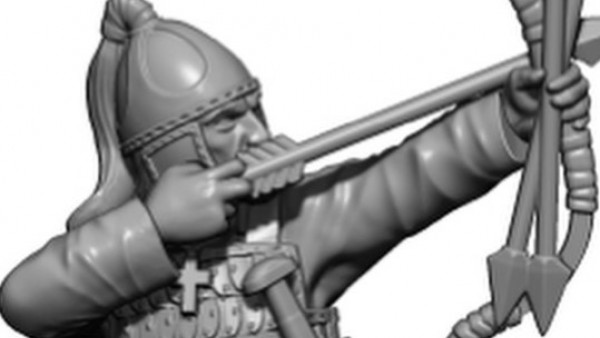
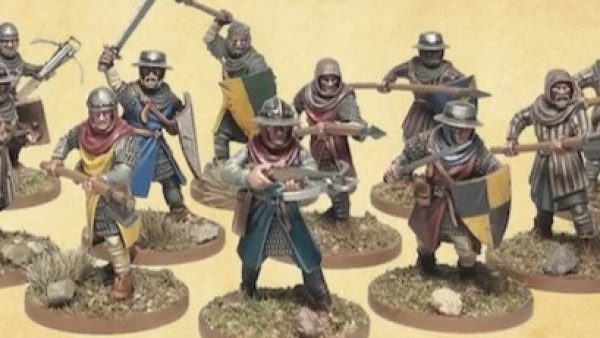
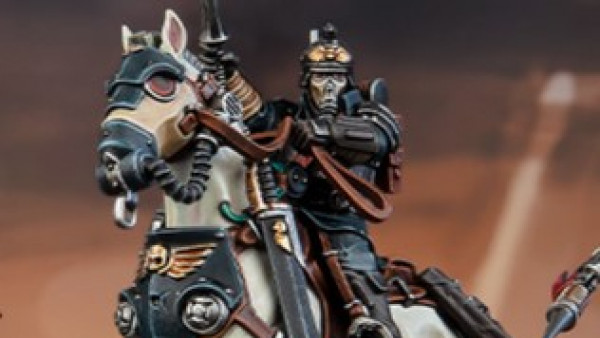
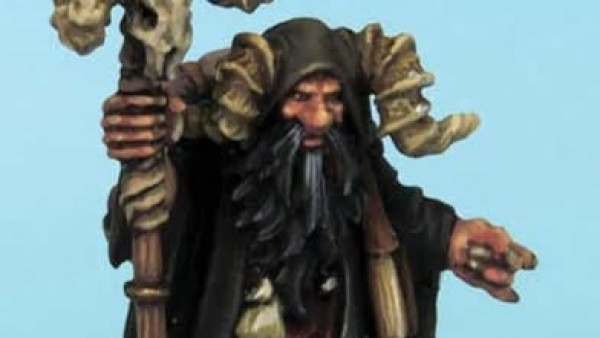
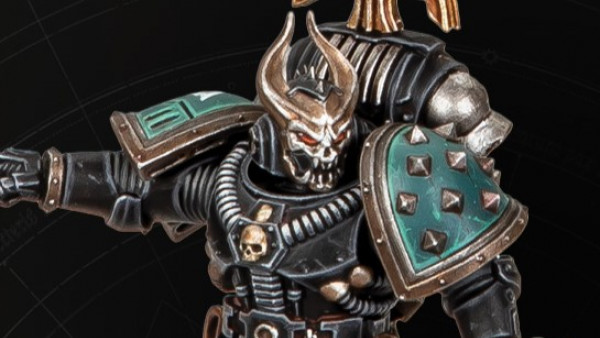
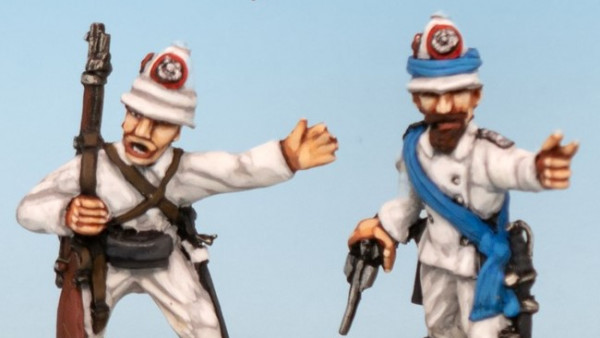
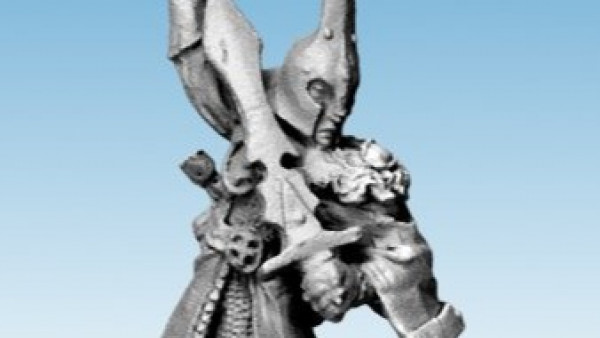
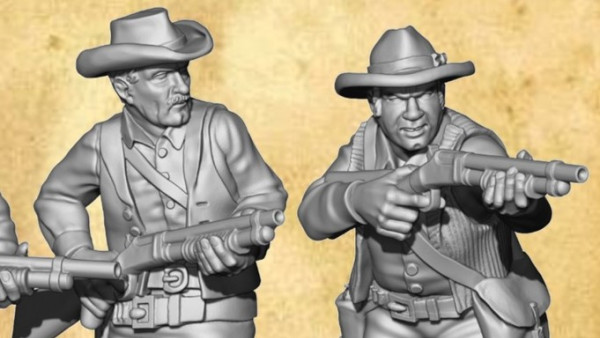
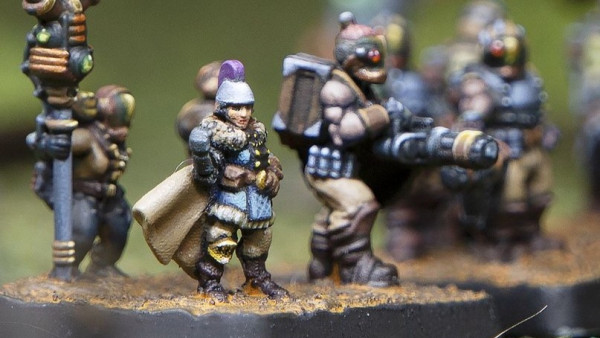
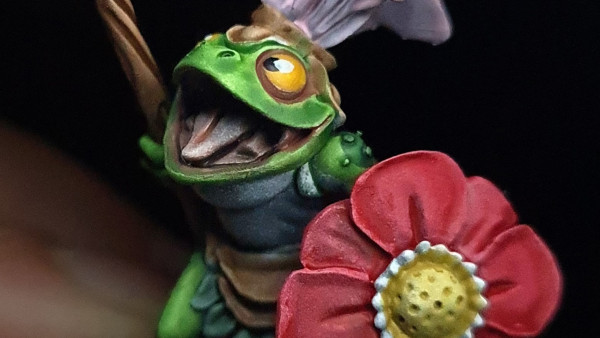
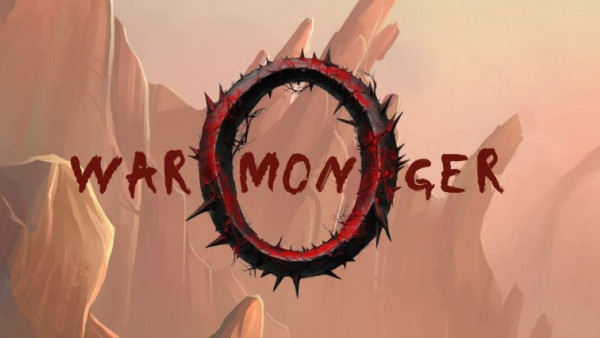

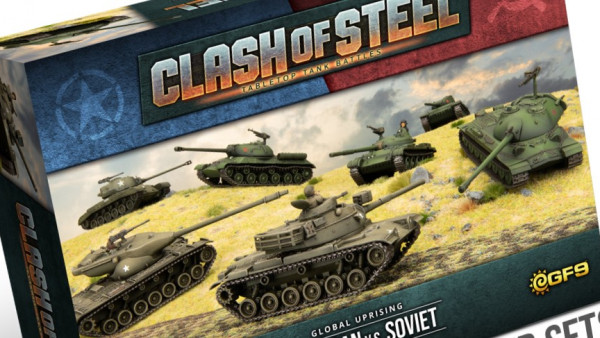

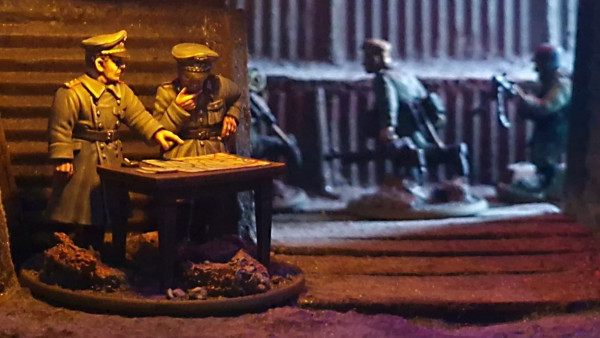

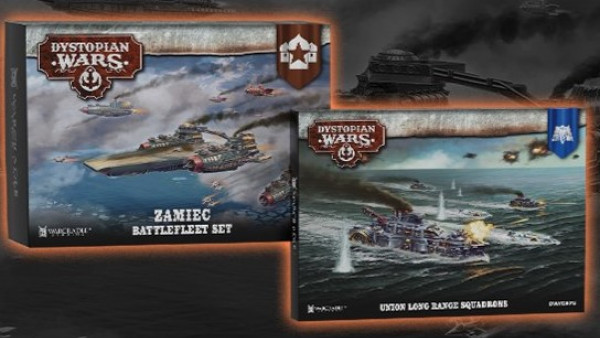
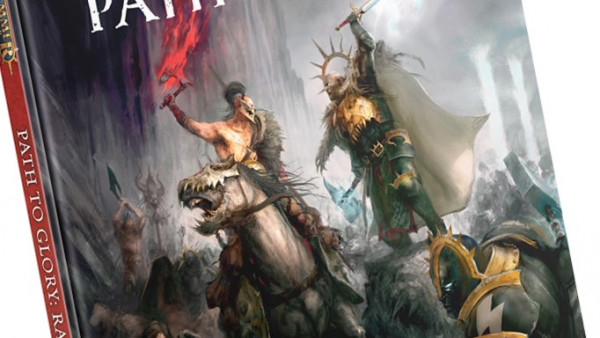


Leave a Reply